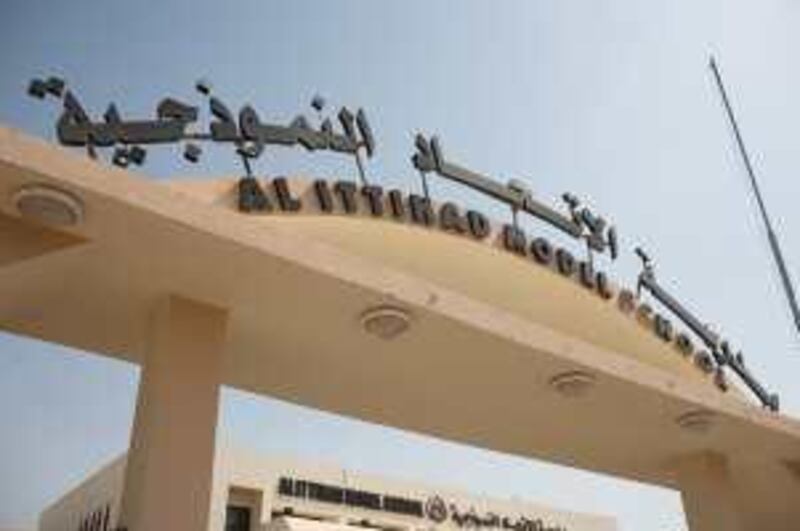ABU Dhabi // This summer's extended school holiday could pose challenges for children, who now face playing catch-up having forgotten as much as a quarter of what they learnt last year, education experts said yesterday.
Although they welcomed the increase in hours in state schools, from around five to seven, it was feared that teachers would struggle to make up for the 114-day break. Dr Clifton Chadwick, a senior lecturer in the faculty of education at the British University in Dubai, said: "One hundred and fourteen days is really something. Even a 75-day break has a somewhat negative effect on student learning, typically a loss of between five and 10 per cent of what the student knew in June in relation to specific subjects like maths and English.
"But if you go to 114 days you might be talking about as much as 20 to 25 per cent fading." Dr Clifford described the effect of this year's break as "disastrous". State schools started back yesterday after a summer holiday that was longer than normal because it coincided with Ramadan running from August into September. But the positive effect of more learning hours was unlikely to show this year as schools were under intense pressure, said Dr Fatma Abdulla, the managing director of Global Consulting Associates, an education and healthcare advisory firm, and research fellow at Dubai School of Government.
Teachers had to fit this year's curriculum into fewer days and pupils would have an increased "summer learning loss", she said. "Teachers are going to want to start where they left off, but the longer break is going to have had an impact unless the child's been revising," said Dr Abdulla. "Research has shown that, during the summer break in general, kids lose some of the skills that they have learnt the year before.
"Clearly, a longer break is going to have a greater impact. It's going to lead to a slow start for kids." Studies by institutions, including Baltimore-based Johns Hopkins University, have found evidence that children lose some knowledge over the summer holidays. "This year, teachers will be playing a game of catch-up because of the long break. They will be struggling to squeeze in the curriculum and we'll have to see if it's enough," Dr Abdulla said.
The lack of structure for many children in the summer months could also have a negative effect, said Dr Yousef Abou Allaban, a psychiatrist and medical director of the American International Centre for Psychiatry and Neurology in Abu Dhabi. "Parents don't prepare their kids before school," he said. "They wait until the very first day to enforce a structure. So children who sleep until midday suddenly have to wake up at 6am or 7am."
This was compounded by the excessively long summer holiday and the advent of Eid just before the beginning of the school year, and could result in rebellious behaviour, anger and hostility towards teachers, Dr Allaban said. The longer school day is part of the Abu Dhabi Education Council's 10-year plan designed to create a comprehensive system of education that meets world standards. But educationalists fear problems if the extra hours are not introduced clearly and uniformly.
Some schools have said that, instead of adding extra lessons, they have extended the length of each existing one by five or 10 minutes. "Those sort of ad hoc, unorganised measures probably don't have that much of an effect," said Dr Chadwick. "If I have a 40-minute class teaching adding and subtracting mixed fractions, I don't think five more minutes would have that much of an effect." But Dr Abdulla said that even without the lost time this year, longer hours were needed.
lmorris@thenational.ae * additional reporting by Kareem Shaheen






